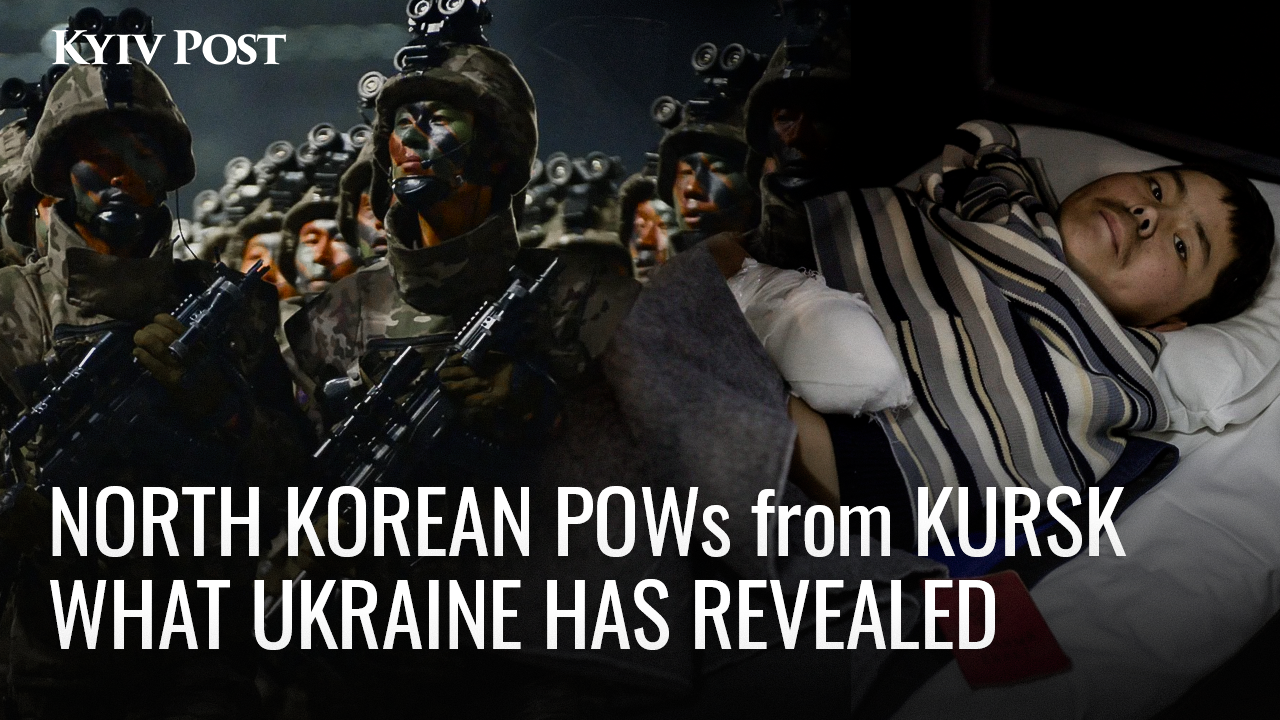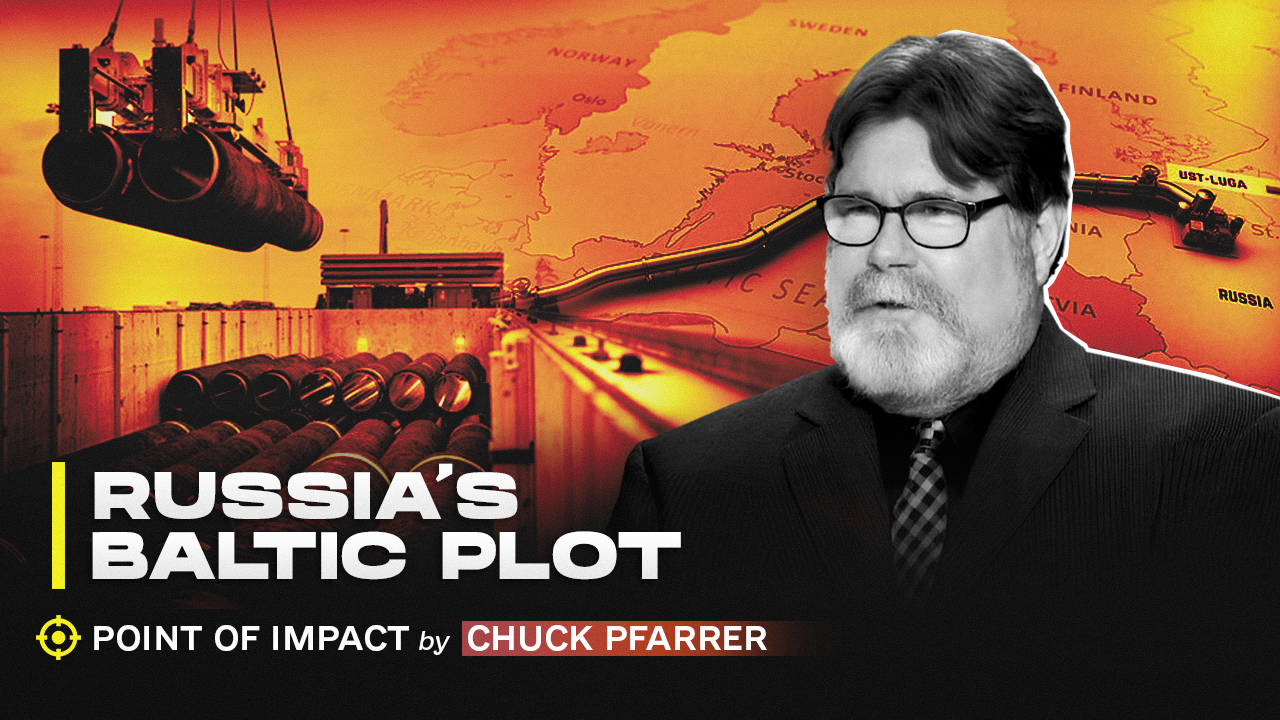On Aug. 24, 1991, the then still Soviet Ukrainian parliament declared the independence of Ukraine. But what actually happened on this historic day? And what were the unexpected, dramatic circumstances that triggered this momentous breakthrough?
Let me share with you some insights from my book The Ukrainian Resurgence (1999), which deals with this critical period in Ukraine’s modern history.
JOIN US ON TELEGRAM
Follow our coverage of the war on the @Kyivpost_official.
Ferment in the Soviet Empire
After Soviet leader Mikhail Gorbachev began to loosen political controls in the last years of the 1980s through his policies of perestroika (restructuring) and glasnost ( openness ), Soviet Ukraine gradually began to break free from the strong conservative grip in which Moscow had held it with the help of its vassal, the leader of the Communist Party in Ukraine, Volodymyr Shcherbytsky.
Gradually, a spontaneous popular movement of Ukrainian democratic patriots formed, known as “Rukh” (The Movement), in which former political prisoners and leading intellectuals, especially writers, who were prepared to take on the Communist system, joined forces to fight for democratic reforms and national self-determination.
In September 1989, Gorbachev was forced to replace Shcherbytsky, and in July 1990, the Soviet Ukrainian parliament, which now included a minority of democratic deputies, proclaimed the “state sovereignty” of the republic.
Meanwhile in Moscow, a leading Russian Communist, Boris Yeltsin, broke ranks, championing a more democratic course than Gorbachev and the assertion of the “sovereignty” of the Soviet Russian Federation itself.

Agents Arrest Ex-Commander of Scandal-Ridden Ukrainian Brigade Raised by France
Desperate Hardliners in Moscow Miscalculate
The open challenge from Yeltsin to the monopoly of power of the Communist Party, together with the intense opposition of the non-Russian nations to Moscow’s control over them alarmed Communist hardliners. On Aug. 19 they attempted to stage a coup in Moscow and for several days dangerous tension and uncertainty prevailed. Yeltsin and his followers, rallying mass popular support, braved the tanks sent against them and within three dramatic days forced the putschist to give up.
There were also mass protests in Kyiv against the coup, but the Communist leaders of Ukraine – the most senior of whom was the then parliamentary speaker Leonid Kravchuk – wavered. The democratic opposition could not persuade him to call an emergency session of parliament.
When the danger had passed, the opposition, which had formed a coalition calling itself “Independent Democratic Ukraine," began to demand that the Communist Party be disempowered and expropriated and that independence be declared.
Paradoxically, the mood and reactions in Ukraine and other non-Russian republics were largely determined by events in Moscow. It was there that the disintegration of the Soviet Union was irrevocably set in motion by the reaction to the failed coup.
On Aug. 22, in front of the KGB headquarters in the Soviet capital, an angry crowd toppled the statue of Felix Dzerzhinsky, the founder of the Soviet secret police. The Communist Party was banned in Estonia and Lithuania. And in Kazakhstan, Communist leader Nursultan Nazarbayev resigned from the party and ordered the “departization" of his vast Central Asian republic, i.e., the Communist Party was stripped of its exclusive leadership role.
Paradoxically, the mood and reactions in Ukraine and other non-Russian republics were largely determined by events in Moscow. It was there that the disintegration of the Soviet Union was irrevocably set in motion by the reaction to the failed coup.
The following day, Kravchuk flew to Moscow, where he witnessed Yeltsin's public humiliation of Soviet party leader Gorbachev, who had broken with the Communist Party and was at the forefront of the movement for democratization within the “sovereign” Russian Federation.
Unexpectedly, Yeltsin suspended the Communist Party's activities in the Russian Federation, ostensibly pending an investigation into its role in the coup attempt. The offices of the Communist Party were sealed in Moscow and Leningrad.

Ukraine finally breaks free
It was against this politically surreal background that Kravchuk returned home to face the music along with his stunned and beleaguered party colleagues. They were in effect fighting for their political lives. An epoch had come to an end and major concessions would have to be made if they were to avoid not only being swept from power but also retribution.
Kravchuk now agreed to hold an emergency session of parliament on August 24 – a Saturday.
The extraordinary session of parliament lasted over 12 hours and was broadcast live on state television and radio. Originally, there was only one item on the agenda – the political situation in the republic after the attempted coup and how to protect the sovereignty of the republic from possible new threats in the future.
But the opposition was determined not to let Kravchuk and his comrades off the hook and to capitalize on this unprecedented situation.
Kravchuk defended his behavior against a barrage of criticism. He agreed that the sovereignty and security of the republic had to be strengthened but did not speak of independence. The leader of the Ukrainian Communist Party, Stanislav Hurenko, was prevented from speaking because of the jeers.
After a pause to defuse tensions, the democratic opposition took the initiative. The poet Dmytro Pavlychko called on the assembly not to get carried away by emotions and to focus on three priorities: the proclamation of independence, taking control over all military units on the territory of the republic and secession.
Hurenko protested that the meeting had been turned into a “lynch court” but clearly, he was powerless.
While the heated discussions continued, the latest news from Moscow once again played a sobering and catalytic role.
The Russian authorities under Yeltsin unilaterally took over the structures of the center, including the KGB. He put his people in key positions and the Russian government took control of all the Union's economic and communications ministries.
While the heated discussions continued, the latest news from Moscow once again played a sobering and catalytic role.
A disgruntled Ukrainian MP, Valery Batalov, asked rhetorically whether Ukraine needed a Union in which Russians held all key positions.
Kravchuk took the opportunity to rehabilitate himself, replying that he too was “disturbed and even angered” by the demand that “only Russians be appointed.” He warned that Yeltsin’s actions had unleashed a "very dangerous” wave of “drunken democracy.” Unexpectedly, he now recommended that the lawmakers support a declaration of independence.

In view of this major concession, tensions eased somewhat. However, one of the leaders of the democratic opposition, Ihor Yukhnovsky, a scientist from Lviv, increased the pressure on the Communist majority. He argued that the proclamation of independence was not enough: it would be incomplete without ending the Communist Party’s monopoly on power – without the “decommunization” of the republic.
Yukhnovsky also caused a stir in his own ranks when he proposed that the declaration of independence be confirmed by a referendum in order to underpin its validity. He made a peace offer to the communists and pleaded for an orderly transition and for no blame to be placed on incumbent communist officials.
Kravchuk announced a further pause, and during this pause a compromise formula was found. Representatives of the democratic camp (Pavlychko, Volodymyr Yavorivsky and others) entered into informal talks with the Communist majority. They argued as follows: “We were all once Communists under Moscow, but now a point of no return has been reached and independence is the only way forward. Let’s unite for independence.”
The opposition's offer proved to be the lifeline that the communist majority had been looking for, and they grabbed it eagerly. “We were like blind kittens who had found a way out,” a leading Communist deputy of the time later told me in an interview.
The question of banning the Communist Party was left aside for the time being. The Communist majority agreed not only to independence, but also to the withdraw from under the control of the Union’s public prosecutor's office, Ministry of the Interior, KGB and the central military command thereby claiming control over forces stationed in Ukraine.
In order to appease the Communist MPs, the declaration of Ukrainian independence on Jan. 22, 1918, by the then parliament, the Central Rada, was not to be mentioned.
Instead of emphasizing that Ukraine was actually renewing or reaffirming its independence, the Communist majority wanted to save face and make it appear as if they were now the original co-authors of the country’s independence.
After further debate, Kravchuk was finally able to read out a consolidated declaration of independence shortly before 6 p.m., which avoided the question of secession. However, he emphasized that this declaration “continues the thousand-year tradition of state development in Ukraine".
Instead of emphasizing that Ukraine was actually renewing or reaffirming its independence, the Communist majority wanted to save face and make it appear as if they were now the original co-authors of the country’s independence.
During the vote, 346 MPs voted in favor of the declaration, one MP voted against (Albert Korneev from Donbas) and three abstained. It was decided to put the Declaration to a republican referendum on Dec. 1.
On the same day, Yeltsin banned the Communist Party in Russia and took over its assets. He also recognized the independence of Latvia and Estonia. The following day, Belarus also declared its independence.
Despite the victory of the democratic forces in Moscow, Russian politicians were alarmed at the prospect of Ukraine going its own independent way. Within a few days, the parliament of the Russian Federation sent a high-ranking delegation to Kyiv. It witnessed Ukraine’s fervent desire to be fully sovereign and to maintain normal bilateral relations with Russia on the basis of equality, not dependence.

At a joint press conference with the Russian delegation on Aug. 29, Kravchuk spoke of the “former USSR” for the first time. The following day, under public pressure, the Presidium of the Soviet Ukrainian parliament finally agreed to ban the Communist Party in Ukraine and nationalize its property.
On Dec. 1, 1991, the referendum on independence finally resulted in a clear and unambiguous vote in favor – 92.3 percent.
This was the final nail in the coffin for the Soviet Union. By the end of the month, after more than 70 years, the Soviet empire had ceased to exist.
You can also highlight the text and press Ctrl + Enter













